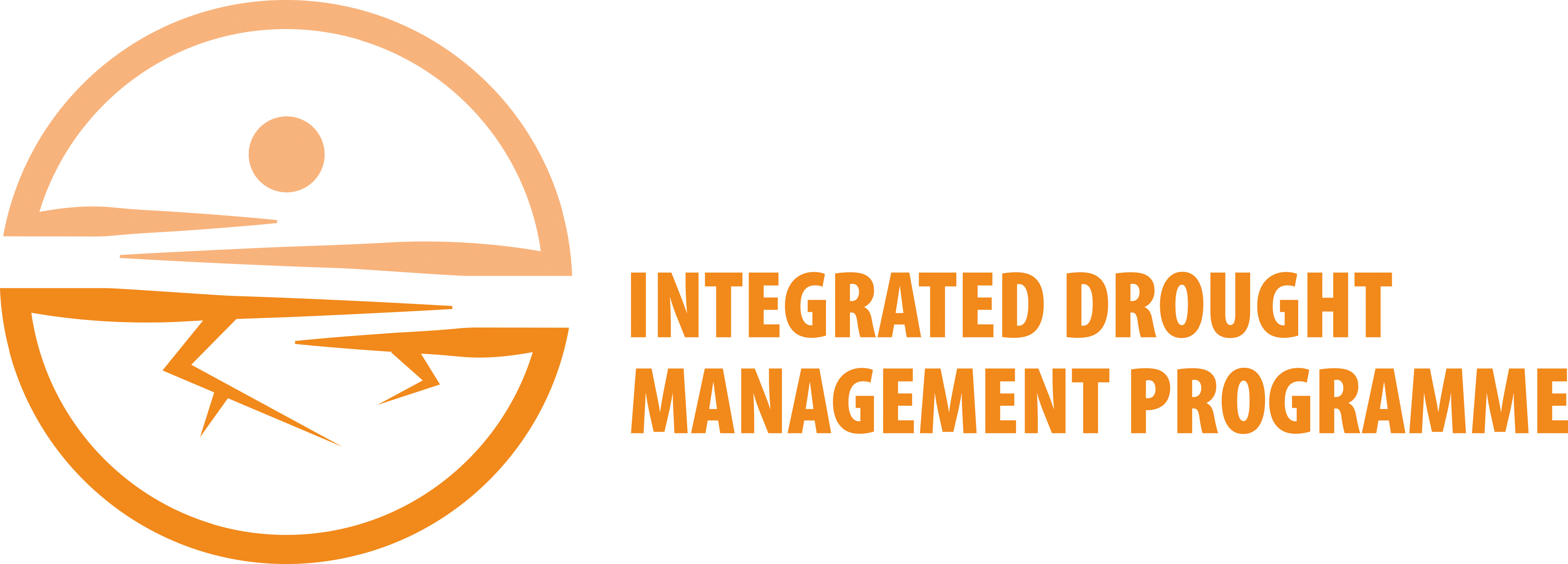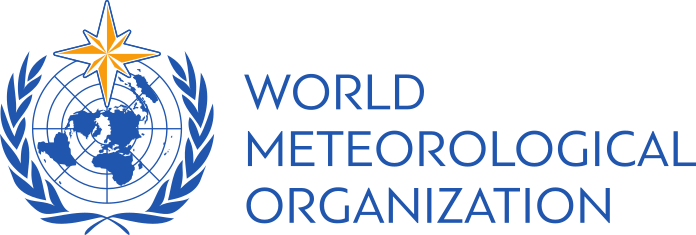Global Integrated Flood and Drought Management Competition for #Youth-led Projects
- Competition now open -

Background: Early warning systems (EWS) help society to prepare for, and respond to, all types of disasters, including those related to hydrometeorological hazards. They save lives and minimize potential economic and environmental damages. Several international initiatives at the regional and global levels address EWSs. The Sendai Framework for Disaster Risk Reduction 2015–2030 specifically highlights the need to “substantially increase the availability of and access to multi-hazard early warning systems and disaster-risk information and assessments to the people by 2030.” It urges efforts to make forecasting and EWSs more efficient, integrated, and sustainable. While the complexities and challenges are many, young professionals can play a role in integrating EWSs now and in the future. They bring energy and enthusiasm as well as openness and flexibility to try new things and adopt innovation, especially in communications. These characteristics can help promote integration of the EWSs value chain and ensure an interdisciplinary approach.
Objectives:
To showcase how people centred EWS approaches can be advanced by or through the involvement of youth.
To acknowledge, promote and encourage the involvement and actions by and through young people in integrated flood and drought management.
Theme:
People Centred Approaches to Flood and Drought EWS. One, several or all of the following themes should be addressed by your project.
A. Monitoring: Innovative monitoring for EWS
B. Warning Dissemination: Innovative ways to disseminate early warnings
C. Communication and Awareness Raising: Innovative approaches to increase the preparedness and ability of the population to react appropriately to warnings
D. Impact mapping: Innovative mapping of hazard impacts to improve the understanding of the vulnerability and feed back into the EWS to enhance
it.
Please find the flyer to the competition here.
What are the awards for winners?
The winning project will receive direct support of 3000€ to implement the idea. In addition, the idea will be implemented in an APFM/IDMP project in the Volta Basin, West Africa (if suitable).
The 10 shortlisted proposals will be invited to a workshop of APFM and IDMP with individual coaching.
How can you apply with your project?
The competition involves two stages:
Stage 1: You are invited to submit a video presentation (up to 3 minutes length) or a concept (pdf, max 1000 words) of your idea and provide information about yourself/your team/organization.
The submission guidelines can be found here.
The submission form is available here.
Stage 2: Upon selection, you are invited to submit a written proposal detailing your concept.
When is the submission deadline?
Stage 1: 16 January 2022
Stage 2: 13 March 2022
What are the selection criteria?
A team of reviewers will review the project proposals. The project selection will be based on following criterion:
Relevance: How relevant is the project to integrated flood and drought risk management? How practical is the implementation of the project?
Social impact: How has/ will the project support social needs at the local level (e.g. stronger community cohesion, transfer of technology or knowledge)?
Innovation: Does the project include a ‘thinking outside the box’ element? Is the project multidisciplinary in nature?
Local partnership and multi-stakeholder integration: Does the project consider stakeholders and actors involvement?
Finance: Is the project financially feasible?
Sustainability: How sustainable is the project and its ability for future adaptation? Is it possible to upscale or replicate the project?
Eligibility Criteria:
● Should be youth-led (Age 15 – 35) activities/project and include youth participation across all aspects of the project
● Projects have to be results oriented (clear objectives)
● Projects should be implemented within maximum 6 months
● Social innovation and entrepreneurship ideas are encouraged
● The research ideas/projects from the University students/researchers are encouraged
● The submissions can be done by any individual/ youth led organisations/team of young professionals
● Women-led projects are encouraged


